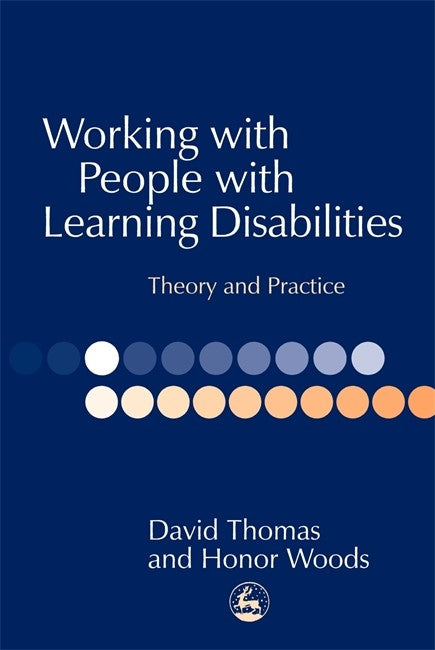The authors of this guide bring together the relevant theory for social workers, nurses, teachers and others working with people with learning disabilities. Using jargon-free explanations and case examples they provide the theoretical understanding needed to inform good practice and help to improve the quality of life of the person with a learning disability. They discuss both psychological and practical theories, including:cognitive and behavioural approachessystems approachtask centred approachrole theory.Emphasising empowerment and inclusion of those with learning disabilities, they relate theory to issues such as loss and bereavement, sexuality and stigma. CONTENTSIntroduction. 1. What is a learning disability? 2. Application of theory. 3. Anti discriminatory practice and anti oppressive practice. 4. What is normalization? 5. Communication methods. 6. Advocacy, empowerment, participation and choice. 7. Universal experiences in the lives of people with learning disabilities. 8. Values, ethics and contrasting approaches. 9. Practical theories and methods. 10. Society's influence on practice. 11. The way forward. References. Index.

